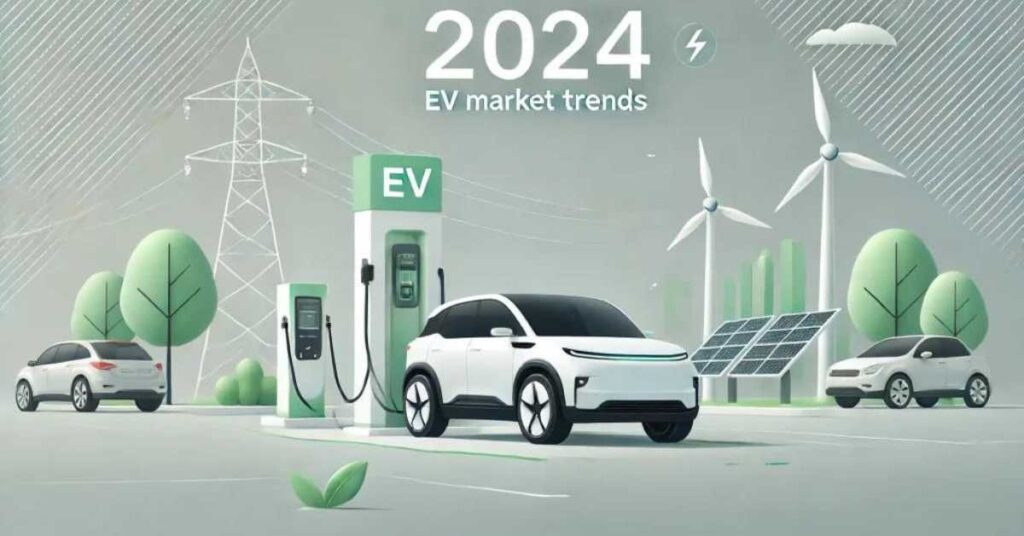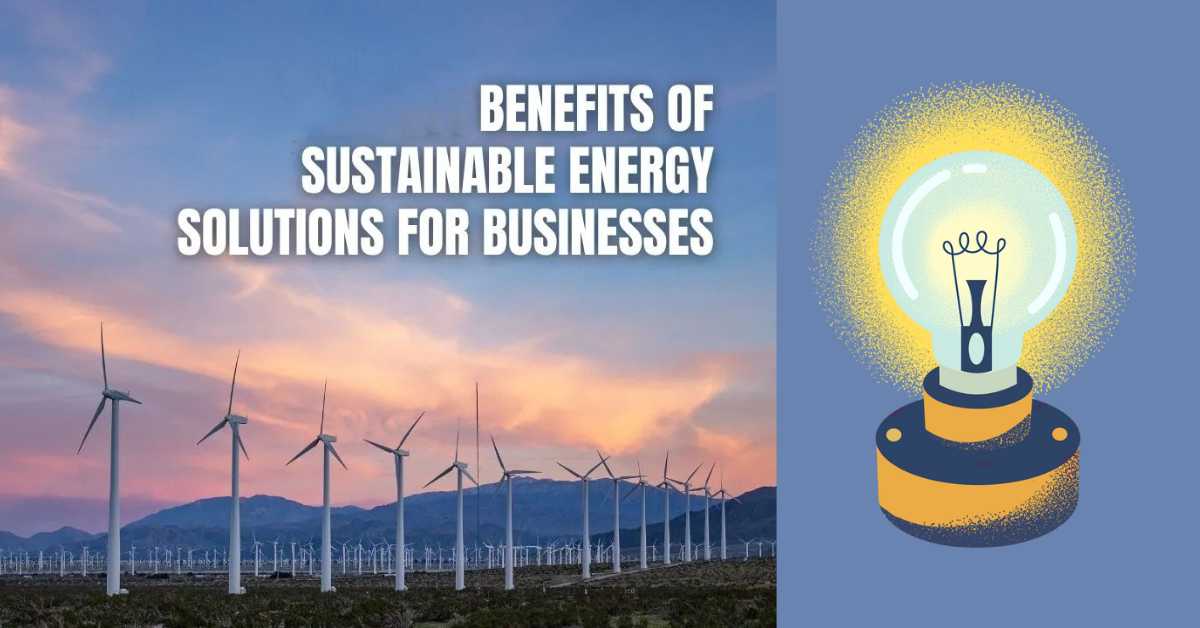Email: [email protected]


The electric vehicle (EV) industry is experiencing a significant decline in costs, making EVs increasingly competitive with internal combustion engine vehicles. Economies of scale, driven by growing demand and production volumes, are leading to reduced manufacturing expenses. Additionally, advancements in technology and improved manufacturing processes are further decreasing costs.
Most notably, the cost of batteries, a crucial component of EVs, has fallen dramatically in recent years. This trend is expected to continue, making EVs more affordable and accessible to a wider audience. As costs decrease, EVs are becoming a more viable option for consumers, driving adoption and paving the way for a more sustainable transportation sector.
The electric vehicle (EV) industry is undergoing a significant transformation, prioritizing sustainable manufacturing practices that minimize environmental impacts and promote responsible sourcing. This shift is driven by the need to reduce the carbon footprint of EV production, address resource depletion, and mitigate supply chain risks. EV manufacturers are adopting sustainable practices, including the use of renewable energy sources, implementation of recycling programs, and responsible sourcing of materials.
By reducing waste and emissions through process optimizations, the industry can promote a more circular and regenerative economy. As sustainable manufacturing practices become the norm, the EV industry can reduce its environmental footprint, enhance its social responsibility, and contribute to a more sustainable future.
The integration of electric vehicles (EVs) with the grid is becoming increasingly sophisticated, thanks to advancements in smart charging systems and vehicle-to-grid (V2G) technology. This innovative technology enables EVs to interact with the grid in a bidirectional manner, stabilizing energy distribution and generating revenue for EV owners. Smart charging systems optimize energy usage, adjusting charging speeds based on grid demand, renewable energy availability, and EV owner preferences.
V2G technology takes this a step further, allowing EVs to supply energy back to the grid during peak demand periods. This synergy will reduce peak demand strain, enhance overall grid resilience, and support a sustainable energy future. By leveraging smart charging and V2G technology, EVs will play a crucial role in shaping the future of energy management.
The electric vehicle (EV) market is experiencing a significant transformation as automakers expand their EV offerings to cater to diverse consumer preferences. This diversification includes a wide range of models, from compact city cars to luxury SUVs, and performance vehicles, making eco-friendly options more accessible and appealing to a broader audience.
With increasing demand for sustainable transportation, manufacturers are investing heavily in EV technology, driving innovation and reducing costs. As a result, EVs are becoming more competitive with traditional internal combustion engine vehicles, leading to increased adoption and growth in the EV market.
International collaboration is vital for the widespread adoption of electric vehicles (EVs), driving standardization, and promoting knowledge sharing. Global cooperation facilitates the alignment of EV-related policies, regulations, and standards, ensuring seamless integration and interoperability. It also enables the sharing of best practices, research, and development, accelerating innovation and reducing costs.
Furthermore, international cooperation fosters global economies of scale, attracting investments, and driving the growth of the EV industry. By working together, countries can address common challenges, such as charging infrastructure development, battery technology, and grid integration. Global cooperation is essential for creating a unified and sustainable transportation ecosystem, supporting the transition to a low-carbon future.
The future of electric vehicles (EVs) is exceptionally bright, with trends and insights pointing to a revolutionary transformation in the transportation sector. As technology advances, we can anticipate a significant surge in EV adoption, leading to improved sustainability, reduced greenhouse gas emissions, and a decreased carbon footprint. The convergence of government policies, declining battery costs, and growing consumer demand will drive the EV market forward.
Moreover, innovations in charging infrastructure, vehicle-to-grid technology, and autonomous driving will further accelerate the transition to a low-carbon transportation ecosystem. As the world shifts towards a more sustainable future, EVs will play a vital role in mitigating climate change, enhancing energy efficiency, and creating a healthier environment.
SEE ALSO: The Rise of Hybrid Vehicles: Benefits and Considerations.












To provide the best experiences, we and our partners use technologies like cookies to store and/or access device information. Consenting to these technologies will allow us and our partners to process personal data such as browsing behavior or unique IDs on this site and show (non-) personalized ads. Not consenting or withdrawing consent, may adversely affect certain features and functions.
Click below to consent to the above or make granular choices. Your choices will be applied to this site only. You can change your settings at any time, including withdrawing your consent, by using the toggles on the Cookie Policy, or by clicking on the manage consent button at the bottom of the screen.

One comment
It was a good pathways in EVS.